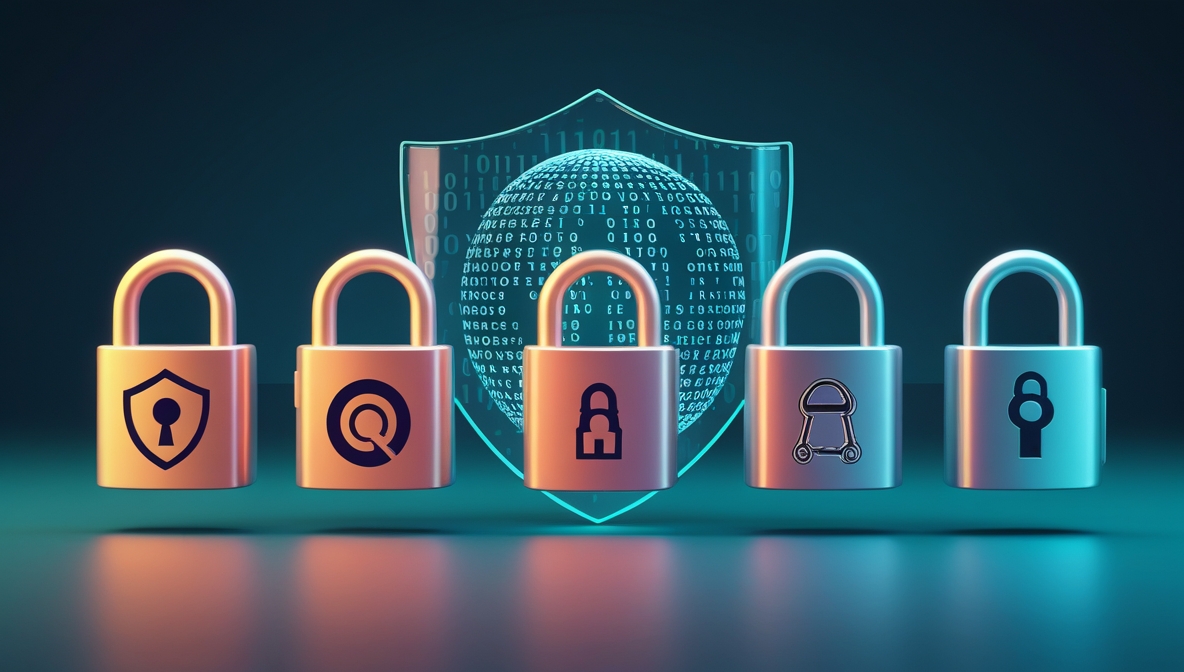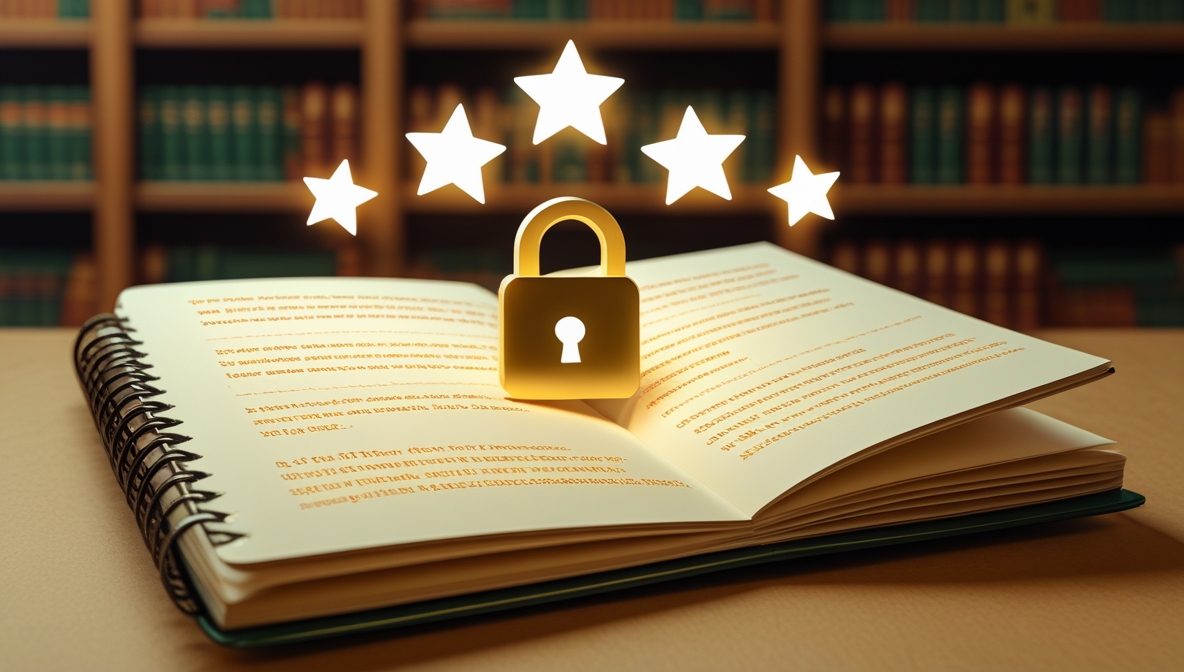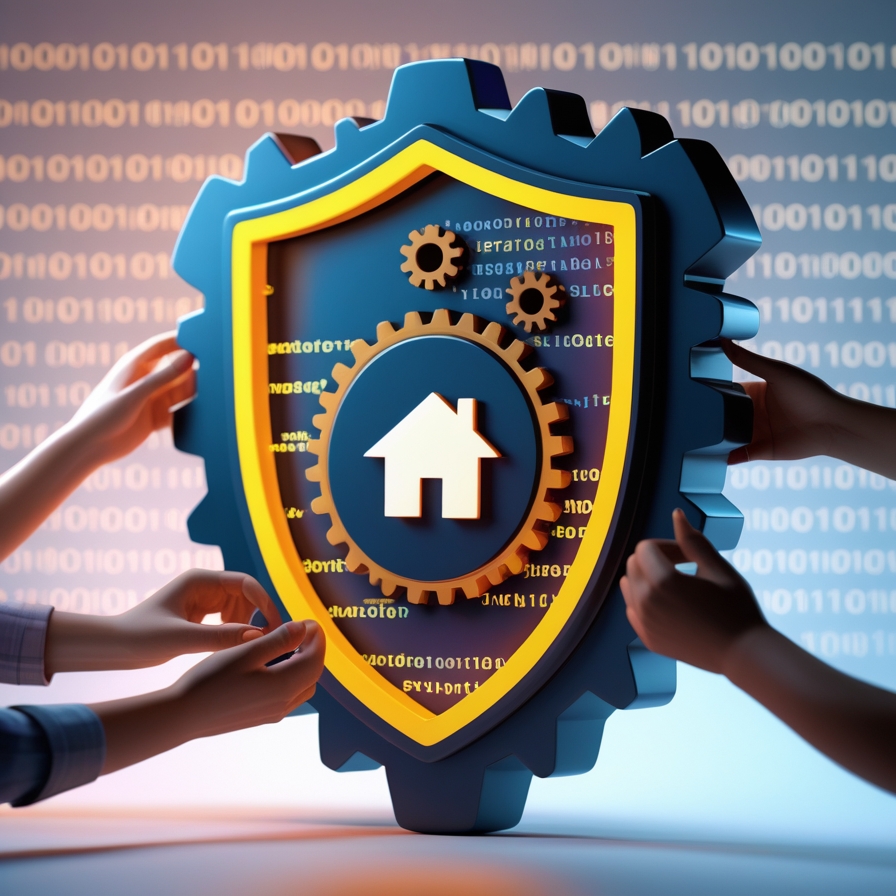In this comprehensive guide, we explore how to maximize your anonymity with VPNs and maintain secure, private digital communication in an era of growing surveillance.
What Is a VPN and How Does It Work?
A VPN functions as a secure tunnel between your device and the internet. When connected to a VPN server, your IP address is masked, and your data is encrypted before it reaches its final destination. This means websites, ISPs, and even governments cannot easily trace your online activities back to you.
The key components involved include:
-
Encryption Protocols: Modern VPNs use strong encryption protocols like OpenVPN, WireGuard, or IKEv2/IPSec to scramble data in transit.
-
IP Masking: Your real IP address is replaced with the IP of the VPN server you're connected to, making your digital footprint harder to track.
-
Data Tunneling: A secure channel is established between your device and the VPN server, safeguarding your activity from prying eyes.
Why Anonymity Matters in 2025
In today's data-driven economy, anonymity isn't just a preference — it's a necessity. From corporations harvesting data for advertising to government surveillance and cybercriminals lurking for vulnerabilities, online anonymity shields you from unwanted attention.
Consider these critical reasons:
-
Prevent ISP Tracking: Your Internet Service Provider monitors your traffic unless encrypted.
-
Bypass Censorship: VPNs allow access to restricted content in countries with internet censorship.
-
Secure Public Wi-Fi: VPNs protect data when using unsecured networks in airports, cafes, and hotels.
-
Avoid Targeted Ads: Anonymity reduces data profiling and limits invasive marketing tactics.
Choosing the Right VPN for True Anonymity
Not all VPN services offer the same level of privacy. To achieve maximum anonymity, choose a provider with the following critical features:
1. No-Logs Policy
A true zero-logs policy ensures that your activity is not stored or tracked. Opt for VPNs that have undergone third-party audits to validate this claim.
Top VPNs with No-Log Policies:
-
ExpressVPN
-
NordVPN
-
Mullvad
-
ProtonVPN
2. RAM-Only Servers
VPN providers that operate RAM-only infrastructure ensure data is wiped with every reboot, eliminating long-term data retention risks.
3. Strong Encryption and Modern Protocols
Choose VPNs with AES-256 encryption and support for WireGuard or OpenVPN protocols. These provide optimal balance between speed and security.
4. Jurisdiction Outside 14-Eyes Alliance
VPNs based in countries outside intelligence-sharing alliances like the Five Eyes, Nine Eyes, or Fourteen Eyes offer greater protection against governmental data requests.
Safe Jurisdictions Include:
-
Panama
-
Switzerland
-
British Virgin Islands
5. Kill Switch Functionality
A kill switch automatically disconnects your internet if the VPN connection drops, preventing accidental IP leaks.
Advanced VPN Features to Boost Anonymity
Maximizing anonymity means going beyond the basics. Consider enabling these features:
Multi-Hop VPN (Double VPN)
Multi-hop VPN routes your traffic through two or more servers in different jurisdictions, adding multiple layers of encryption and obfuscation.
Obfuscated Servers
These servers disguise VPN traffic as regular HTTPS, ideal for bypassing VPN blocks in restrictive countries like China or Iran.
Anonymous Payment Options
Paying with cryptocurrencies like Bitcoin or using prepaid gift cards helps maintain anonymity, especially if no personal data is required at sign-up.
Dedicated IPs vs Shared IPs
-
Shared IPs provide better anonymity, as multiple users share the same address, making individual tracking harder.
-
Avoid dedicated IPs if your primary concern is anonymity.
Common Mistakes That Compromise Anonymity
Even with a robust VPN, simple mistakes can undermine your privacy. Avoid the following:
Using Free VPNs
Free VPNs often come with data caps, slow speeds, and, worse, the selling of user data. Choose reputable paid services.
Enabling WebRTC
WebRTC leaks can reveal your real IP even when using a VPN. Disable WebRTC in your browser settings or use browser extensions to block it.
DNS Leaks
If DNS requests go through your ISP instead of the VPN tunnel, your activity could still be visible. Always use VPNs that provide DNS leak protection.
Staying Logged into Google/Meta Accounts
Even when using a VPN, staying logged into services like Google or Facebook allows those platforms to track your behavior through cookies and browser fingerprinting.
Layering Privacy Tools for Ultimate Anonymity
A VPN should be part of a broader privacy toolkit. Combine it with the following:
-
Privacy-Focused Browsers: Use Brave, Tor Browser, or Firefox with privacy-enhancing extensions.
-
Encrypted Communication Apps: Rely on Signal or Session for private messaging.
-
Ad Blockers and Script Blockers: Tools like uBlock Origin and NoScript reduce tracking scripts and adware.
-
Password Managers: Tools like Bitwarden or KeePass help manage credentials securely.
How to Test Your VPN Anonymity
Use the following websites to test if your VPN is truly keeping you anonymous:
-
https://ipleak.net – Check for IP and DNS leaks.
-
https://browserleaks.com – Analyze browser fingerprinting data.
-
https://dnsleaktest.com – Verify DNS routing through VPN servers.
-
https://whoer.net – Provides an anonymity rating based on your setup.
Best Practices for VPN Use in 2025
-
Auto-Connect on Startup: Ensure VPN protection starts the moment your device powers on.
-
Use on All Devices: Install the VPN on mobile phones, tablets, and smart TVs.
-
Rotate Servers Regularly: Avoid patterns that can be tracked over time.
-
Enable Split Tunneling Carefully: Only exclude apps that don’t need encryption.
Conclusion: Privacy is a Process, Not a Switch
Maximizing anonymity with a VPN requires more than clicking “connect.” It’s about selecting the right tools, configuring them properly, and remaining vigilant about your digital footprint. In a hyper-connected world, every bit of protection matters — and when used correctly, a VPN is your first and most powerful line of defense against online surveillance, tracking, and data profiling.
Stay informed, stay encrypted, and stay anonymous.




